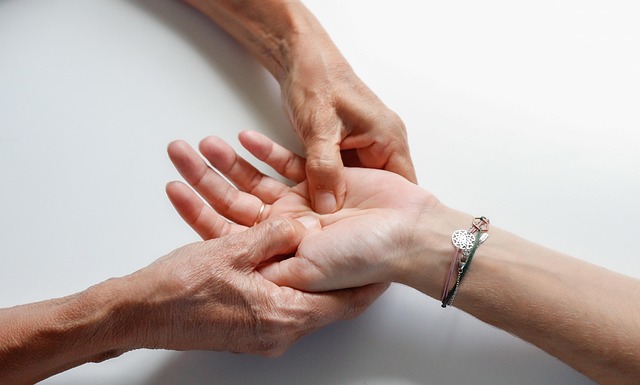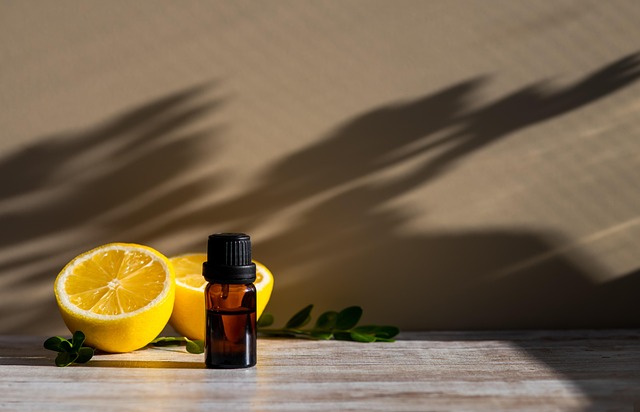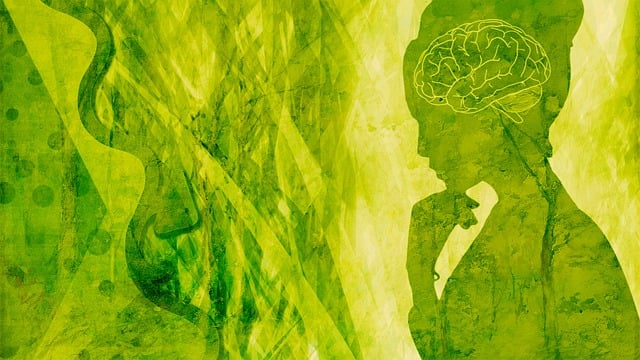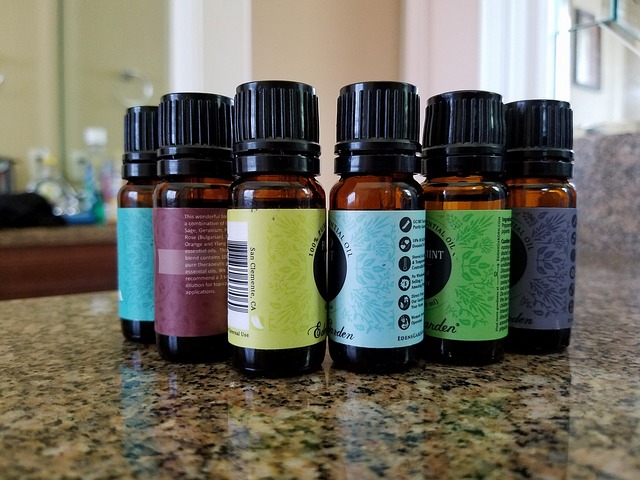Holistic mental health focuses on treating individuals as complete beings, integrating physical, emotional, and spiritual aspects. Complementary therapies like meditation, yoga, acupuncture, herbal remedies, nature therapy, music, art, and creative expression offer personalized care plans. These practices promote mindfulness, reduce stress, enhance well-being, foster self-connection, and support long-term mental health through diverse natural approaches.
Complementary therapy methods play a vital role in exploring holistic mental health approaches, offering diverse ways to enhance well-being. This article delves into various practices that go beyond conventional treatments, including mindfulness and meditation, nature therapy, creative expression, yoga, herbal remedies, and acupuncture. By integrating these complementary techniques, individuals can navigate their mental health journeys with renewed balance and resilience, fostering a holistic approach to overall well-being.
Exploring Holistic Mental Health Approaches

Exploring Holistic Mental Health Approaches
In the realm of mental wellness, a shift towards more comprehensive and natural healing methods has been gaining traction. Holistic mental health emphasizes addressing the individual as a whole, considering not just symptoms but also factors like physical well-being, emotional state, and spiritual beliefs. This approach recognizes that mind and body are interconnected, and treatments should reflect this complexity. By integrating various complementary therapy methods, such as meditation, yoga, acupuncture, and herbal remedies, holistic practices aim to restore balance and promote lasting healing.
These therapies often complement traditional mental health treatments, offering alternative or adjunctive solutions. For instance, mindfulness-based practices can enhance cognitive-behavioral therapy (CBT) by teaching individuals how to manage stress and emotions more effectively. Similarly, acupuncture and herbal medicine can support psychological interventions by addressing underlying physical imbalances believed to contribute to mental health disorders. Exploring holistic mental health approaches allows for a more personalized care plan tailored to an individual’s unique needs and preferences.
Understanding Mindfulness and Meditation

Mindfulness and meditation are integral components of complementary therapy, focusing on cultivating present-moment awareness and promoting holistic mental health. These practices encourage individuals to observe their thoughts and feelings without judgment, fostering a deeper connection with oneself. By training the mind to stay focused and calm, mindfulness helps reduce stress, anxiety, and depression, enhancing overall well-being.
Meditation, an ancient practice, involves various techniques such as breath awareness, guided imagery, or mantra recitation. It allows individuals to achieve a state of mental clarity and emotional balance. Incorporating mindfulness meditation into daily routines can significantly improve concentration, decision-making abilities, and emotional regulation, contributing to a more balanced and healthy lifestyle in support of holistic mental health.
The Power of Nature Therapy

Incorporating nature into therapeutic practices is a growing trend in holistic mental health, and for good reason. Nature therapy, also known as ecotherapeutics, leverages the restorative power of natural environments to enhance well-being. Research shows that spending time outdoors can significantly reduce stress levels, improve mood, and boost overall mental resilience. This type of therapy encourages individuals to disconnect from technology and modern life, fostering a sense of calm and connection with the natural world.
Whether it’s through guided nature walks, gardening, or simply sitting in a park, nature therapy offers a unique approach to healing. It stimulates the senses, encouraging mindfulness and presence in the moment. The beauty and tranquility of natural settings can provide a much-needed respite from daily pressures, allowing individuals to recharge and cultivate a deeper appreciation for life. This holistic mental health practice is accessible to everyone and holds immense potential in promoting long-term well-being.
Music, Art, and Creative Expression

Music, art, and creative expression are powerful tools within the realm of complementary therapy methods for enhancing holistic mental health. Engaging in artistic pursuits can provide a unique outlet for emotions, fostering self-expression and emotional release. Whether it’s painting, sculpting, or even coloring, these activities allow individuals to connect with their inner selves, offering a sense of calm and clarity amidst life’s challenges.
The therapeutic benefits extend beyond mere relaxation; creative expression can help individuals process traumatic experiences, reduce stress, and improve mood. Music therapy, in particular, has been recognized for its ability to stimulate brain waves, enhancing focus, creativity, and even physical rehabilitation. By incorporating these expressive arts into holistic mental health practices, individuals can embark on a journey of personal growth, healing, and profound self-discovery.
Yoga and its Mentally Calming Effects

Yoga, an ancient practice that combines physical postures, breathing techniques, and mindfulness, has gained immense popularity as a complementary therapy for promoting holistic mental health. The gentle yet powerful movements of yoga help reduce stress and anxiety by calming the mind and synchronizing breath with movement. This synchronization activates the parasympathetic nervous system, which promotes relaxation and helps regulate emotional responses.
Regular yoga practice can enhance one’s ability to manage stress, improve mood, and boost overall well-being. The mental benefits extend beyond stress relief; yoga also improves focus, concentration, and cognitive function. By fostering a sense of mindfulness and present-moment awareness, yoga encourages individuals to become more attuned to their thoughts and emotions, leading to better emotional regulation and enhanced mental clarity.
Herbal Remedies for Mental Well-being

Herbal remedies have been used for centuries as a natural approach to supporting mental well-being, an integral aspect of holistic mental health. These plant-based solutions offer a distinct and gentle method to nurture and balance the mind, body, and spirit connection. Many herbs possess unique properties that can help alleviate symptoms of anxiety, depression, and even sleep disorders, promoting a sense of calm and improved mood.
The power of nature’s pharmacy lies in its ability to provide a safe and often subtle support system for individuals seeking alternative or complementary therapies. For instance, valerian root is renowned for its calming effects, helping to ease insomnia and reduce anxiety. Similarly, lavender has long been associated with relaxation and stress relief. Incorporating herbal remedies into self-care routines allows individuals to take control of their mental health in a natural and holistic manner.
Acupuncture: A Traditional Healing Art

Acupuncture, an ancient healing practice that originated in China thousands of years ago, is a complementary therapy method gaining significant attention in modern times, especially within the realm of holistic mental health. This traditional art involves inserting thin needles into specific points on the body to stimulate energy flow and promote natural self-healing. By targeting these acupoints, acupuncture can help balance the body’s energy system, known as Qi, which is believed to be connected to overall physical and mental well-being.
For individuals seeking alternative approaches to manage stress, anxiety, or depression, acupuncture offers a non-invasive and drug-free solution. The gentle stimulation of acupoints can trigger the release of endorphins, often referred to as “feel-good” hormones, which contribute to reduced tension and improved mood. Moreover, regular acupuncture sessions may enhance relaxation, boost the immune system, and support overall mental clarity and resilience. Its holistic nature makes it a valuable complementary therapy for those navigating the complexities of holistic mental health.
